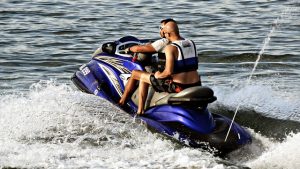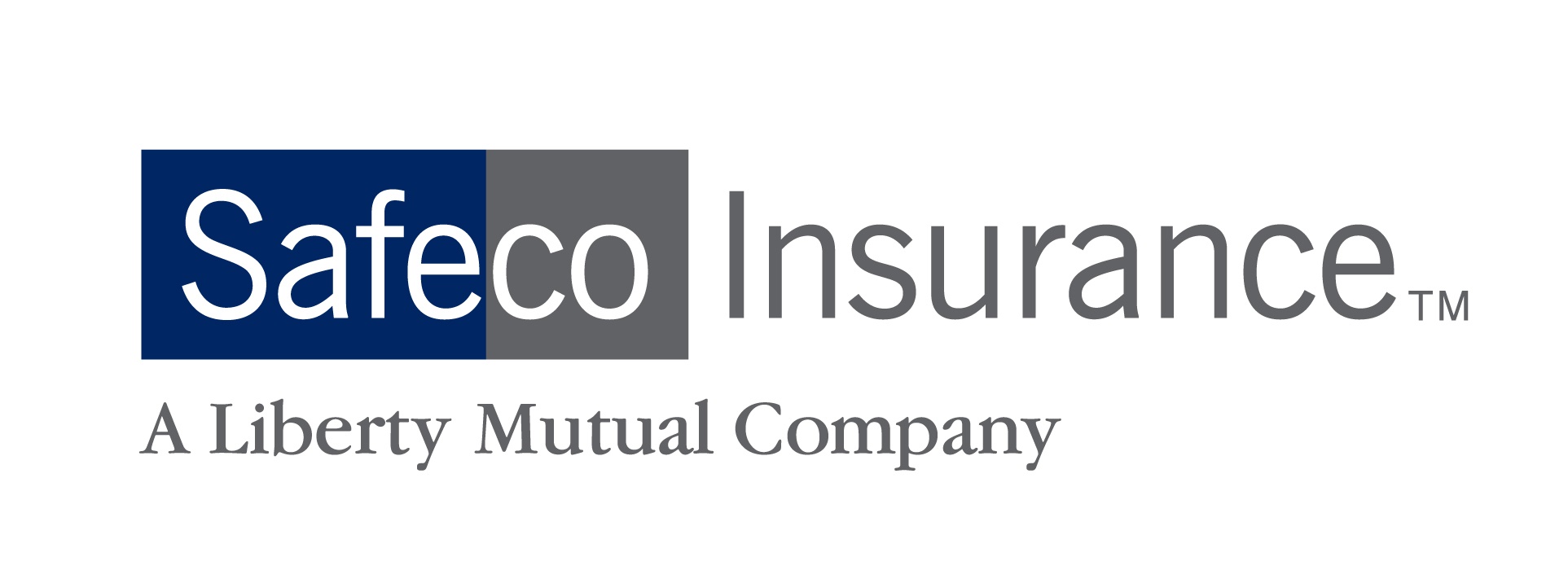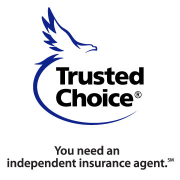Ride the Waves: Personal Watercraft Safety Tips You Should Know
- May
- 25
- Posted by Carroll Marshall Insurance
- Posted in Hazard Coverage, Insurance Industry, Winter Haven Auto Insurance, Winter Haven Community, Winter Haven Health Insurance, Winter Haven Life Insurance
 The weather is warming up quickly here in Central Florida, and it’s obvious that summer is upon us. Here in Polk County, that means people will be hitting the lakes (or heading to the beach) with boats, water skis, inter tubes, and a popular favorite, personal watercraft.
The weather is warming up quickly here in Central Florida, and it’s obvious that summer is upon us. Here in Polk County, that means people will be hitting the lakes (or heading to the beach) with boats, water skis, inter tubes, and a popular favorite, personal watercraft.
A personal watercraft (PWC), also called a jet ski or a water scooter, is a fun piece of equipment that is used much like an ATV would be on land. Small enough to be compact, but hearty enough to carry two people and tow water skis or inter tubes, a personal watercraft is a common site on the lakes in Winter Haven during the summer months.
Unfortunately, personal watercraft is also a common factor in water-sport related injuries. Since they are small, and popular, people tend to think of them as “safer” than a larger boat or watercraft, and therefore don’t take the proper precautions when driving or riding them.
The U.S. Coast Guard actually considers a PWC as a Class A vessel. This means the same rules that apply to boats that are 16 ft. and under would apply to a jet ski as well. Being considered a Class A vessel comes with a list of required equipment that makes sure you are within the legal limits when driving a PWC, including…
· The driver, and each passenger (including those being towed) must be wearing a life jacket.
· A Coast Guard-approved fire extinguisher, sound-signaling device (whistle, horn, etc.), and vessel registration (to be displayed when requested) are to be on board at all times.
· An emergency cutoff lanyard must be attached to the driver at all times.
· Registration numbers, letters, and validation decals must be properly displayed.
· The vessel must have a functioning backfire flame arrestor and passive ventilation system.
While these are the only required precautions, there are some additional tips that make the water experience safer for everyone, and are recommended on various websites including this one. They suggest the following list as additional safety gear to take on your water excursions:
· Hand-held VHF radio, and a cell phone as a backup
· A basic first-aid kit, sunscreen, and burn cream
· A dewatering device such as a hand operated bilge pump
· An anchor and enough anchor line for your area
· If pulling a skier or other tow-sport participant, a skier-down flag, ano server over a certain age, and rear–view mirrors may also be required.
· Even if they’re not required, they’re good to have.
· And finally, when operating on inland waters, it’s recommended you have a suitable, daytime distress signal such as flares, an orange flag, or signal mirror.
Of course, the best “safety equipment” you can have for your personal watercraft isn’t actually a piece of equipment at all; it’s an up-to-date insurance policy. Making sure your watercraft is properly insured, and making sure you have adequate health and life insurance coverage before heading out on the water, ensures that you can enjoy your day on the water in the Florida sunshine with complete peace of mind.
Carroll Marshall Insurance can help you determine the best plan of action for your watercraft (and any other recreational vehicles you may own, including motorcycles and RVs). We serve the greater Winter Haven area so give us a call before you hit the waves this summer!
Since 1952
Carroll Marshall Insurance in Winter Haven, Florida is your hometown insurance agency. Call us today! (863) 293-1111
Our office in downtown Winter Haven is open Monday - Friday 8 a.m.- 5 p.m.
View Larger Map




